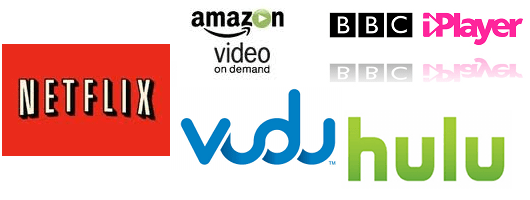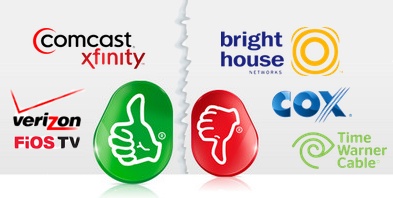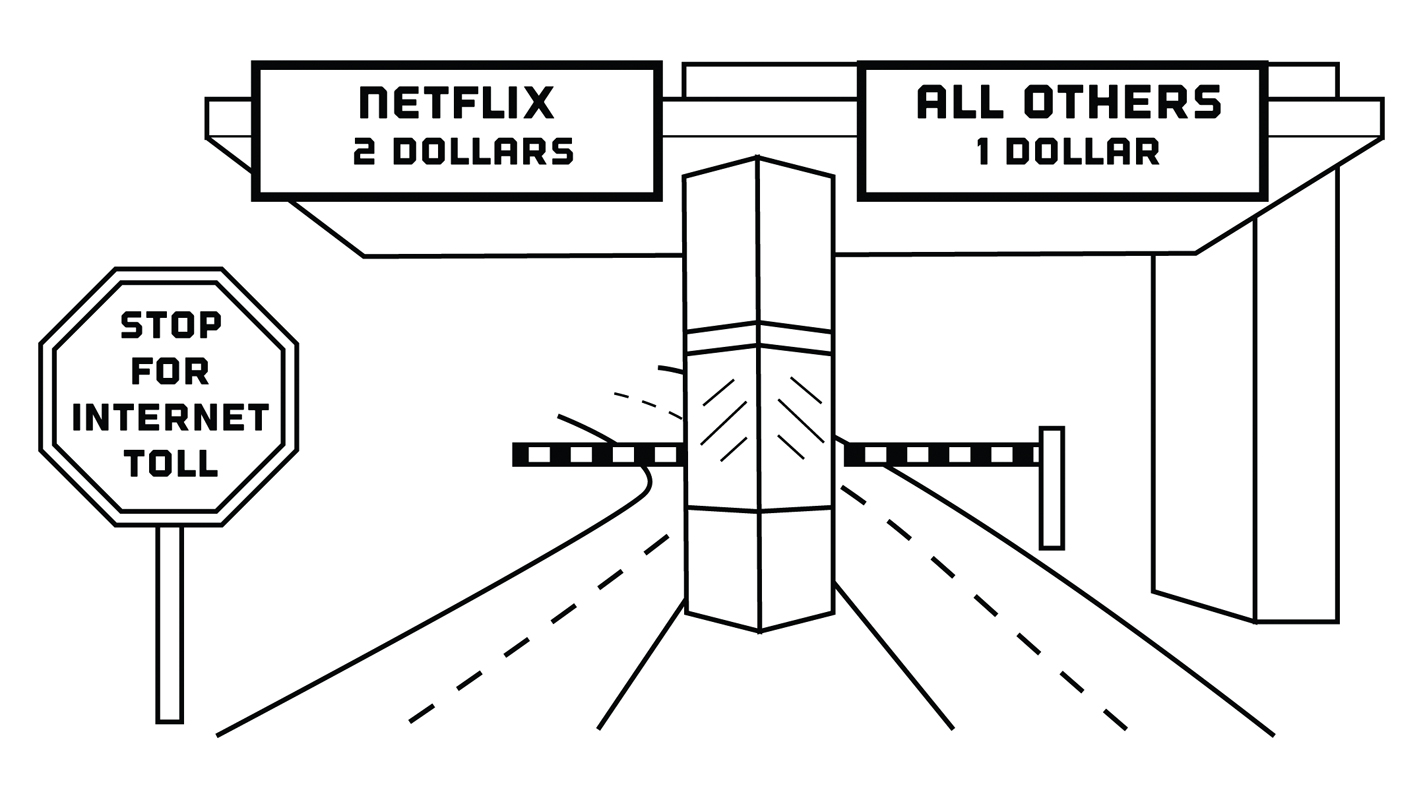As a 16 year old going through high school, i was constantly pounded with some pretty intimidating and menacing questions about my future. What i wanted to be when i grew up, what college i wanted to attend, what subject i wanted to major in, who and what did i truly want to be and what path would i take to get there. However, i was focused on something much more important to me; which television would i be taking from my house and how would i be watching my beloved New York Rangers.
Never in my day-dream filled high school days did the mindful creation of what my dorm room would look like not include a television with cable. But as a now 21 year old college student, the reality is that i do not and have not had one for years and have not missed a single show i enjoy watching, or a single sports game that i have wanted to see. The key is simple, streaming with a laptop and the many services that are offered. This movement i have joined has been emulated by many and is causing Cable companies large concern.

“Cord-cutting” or “curd-cutters” refers to the act of people slowing down their cable service or cancelling it completely in preference to other ways of streaming via rival media such as Netflix, hulu, Google Video, AppleTV, Amazon Video, etc.
Most cord cutters make the decision to move away from subscription television because of the deregulation of cable television. This concept adopted by most major cable companies is what forces subscribers to pay a large monthly fee for a large bundle of channels that they may only want a few of (this is the same concept that i discussed in my first blog post on The Fight For Net Neutrality).
For me specifically, my main motivation was the overall ease of access to the programs i wanted. Including the ability to watch what i wanted on demand whenever it fit into my schedule as well as being able to get to these streaming services through various different mobile devices.
This movement is one that is extremely, extremely concerning for cable companies. According to a new report by Experian Marketing Services, from 2010-2014 the number of American households that no longer receive cable or satellite TV has increased 44% up to about 7.6 million. As well as finding that nearly 18% percent of all households in the US with Netflix or Hulu are considered to be cord cutters, which includes very many independent young adults who have never paid for TV services, like myself.
These statistics are obviously extremely concerning to cable companies. If the kids today are being brought up in an environment in which they watch their shows from electronic devices via streaming services, then there is a much more likely possibility that they will not ever start paying for a subscription to cable upon entering adulthood (this trend is something that can be related to the digital reading versus traditional reading). This would result in a large number of new adults entering the World with no plans on acquiring a cable bill which is cause for concern considering it is a completely new concept.

The cable companies are not completely out of the running though, for the DVR movement has helped them tremendously. That same report from Experian Marketing services said, “But video remains popular despite the cord cutters. Some 94 percent of US adults watch some version of video content each week and one in six adults watch at least 40 hours of TV a week,” suggesting that live programming or video recordings of those live programs still hold very much appeal with the public audience.
While the cable companies do have those statistics to rely on, there has undoubtedly been a large shift in the way the younger demographic consumes media of all types. Whether it be news from our smartphones, sports from streaming sites, or shows from Netflix/Hulu/AppleTV, the Cable companies will have to do something to counter-act this large shift in consumption.

 With the almost exponential growth of social media, search engines, multi-media sites, and the internet in general, there has been a lot of debate recently on whether Internet Service Providers (ISPs) should be able to offer different rates to customers based on their internet-based content or service type.
With the almost exponential growth of social media, search engines, multi-media sites, and the internet in general, there has been a lot of debate recently on whether Internet Service Providers (ISPs) should be able to offer different rates to customers based on their internet-based content or service type.
 I feel that this ability to go out into the open internet and be able to research and experience every single thing the internet has to offer ties in closely with Thoreau’s ideology of being an “adventurous student” and focusing on experiential learning. When one goes out into the open internet, they are able to exercise their freedom of speech and right to public knowledge. When one’s options are limited or confined by something, it limits the amount of meaningful experiences they can have, perspectives they can gain and thus their overall knowledge on a topic. This limiting of options is something that i think Thoreau would advise against. While he does have his own elitist views and confines freedoms in his own way, he does believe that being engulfed in an environment without any filters, and with only your experiences is the best way to grow, learn, and truly expand your mind.
I feel that this ability to go out into the open internet and be able to research and experience every single thing the internet has to offer ties in closely with Thoreau’s ideology of being an “adventurous student” and focusing on experiential learning. When one goes out into the open internet, they are able to exercise their freedom of speech and right to public knowledge. When one’s options are limited or confined by something, it limits the amount of meaningful experiences they can have, perspectives they can gain and thus their overall knowledge on a topic. This limiting of options is something that i think Thoreau would advise against. While he does have his own elitist views and confines freedoms in his own way, he does believe that being engulfed in an environment without any filters, and with only your experiences is the best way to grow, learn, and truly expand your mind.